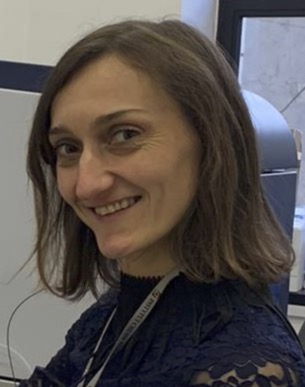
Metabolomics Data Analysis – Chromatography – Mass Spectrometry (2-days online workshop)
The course will start with an overview of the tools and analytical approaches used in metabolomics and will move on to the specificity of high-throughput data analyzes, such as data from LC-MS and NMR-MS experiments. Students will be familiarized with a comprehensive analysis of the metabolome. The course is aimed at people who do not have bioinformatics experience, and want to design a metabolomic experiment, process metabolomics data, use statistical methods and dedicated databases. The training is a live workshop, with participants’ progress checked and the possibility of asking questions. After the end of the workshop, participants will receive an electronic certificate confirming the completion of the course.
Date: to be agreed with the client (2-days online workshop).
Time: 10 hours (5 hours each day with a coffee break).
Location: online.
Group: for a group larger than 3 persons.
Teacher: Anna Piasecka, Ph.D.
Price: 380 EUR/USD (plus VAT if applicable).
Topics:
- Data quality, proper planning of the experiment and its acquisition
- GC-MS and LC-MS raw data processing, strategies and available software
- Statistical methods used in large-scale analyzes: ANOVA, post-hoc analyzes, FDR and others
- Methods of visualization and reduction of multidimensional metabolomics data: detection of significant signals, heat maps, PCA, PLS-DA, HCA and others
- Online platforms for the processing and analysis of metabolomic data
- Annotation of signals to metabolomic databases
- Enrichment analysis, pathways enrichment, functional analysis, integration with other omics data

Anna Piasecka, Ph.D.
Assistant professor at the Institute of Bioorganic Chemistry of the Polish Academy of Sciences in Poznań. Author of numerous scientific publications, head and investigator of many research projects. Experienced trainer. Expert and practitioner in the field of mass spectrometry and bioinformatic processing of metabolomics data with 14 years of experience. One of the best European specialists in the field of metabolomics. She completed an internship in Göttingen. Cooperate, among others with the Jagiellonian University, Warsaw University of Life Sciences, The Leibniz Institute of Plant Genetics and Crop Plant Research, Max Planck Institute for Plant Breeding Research.